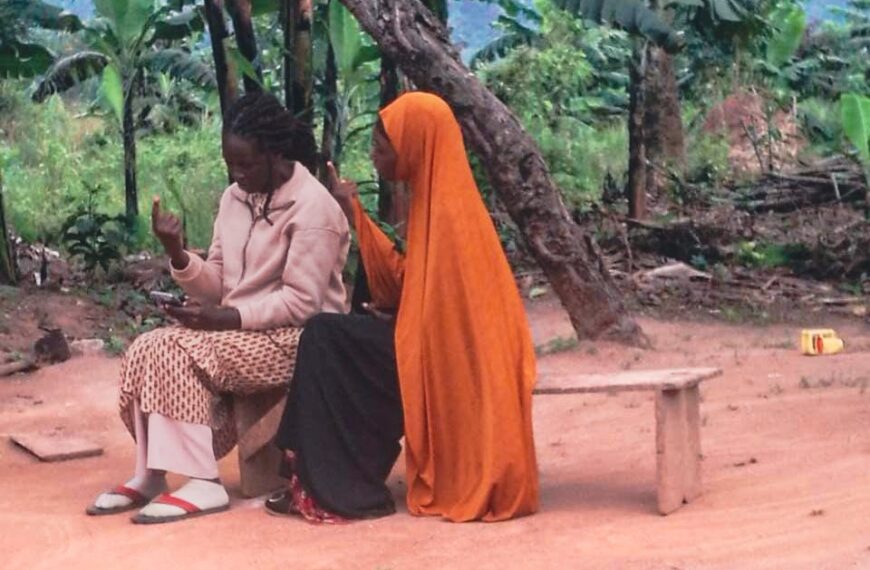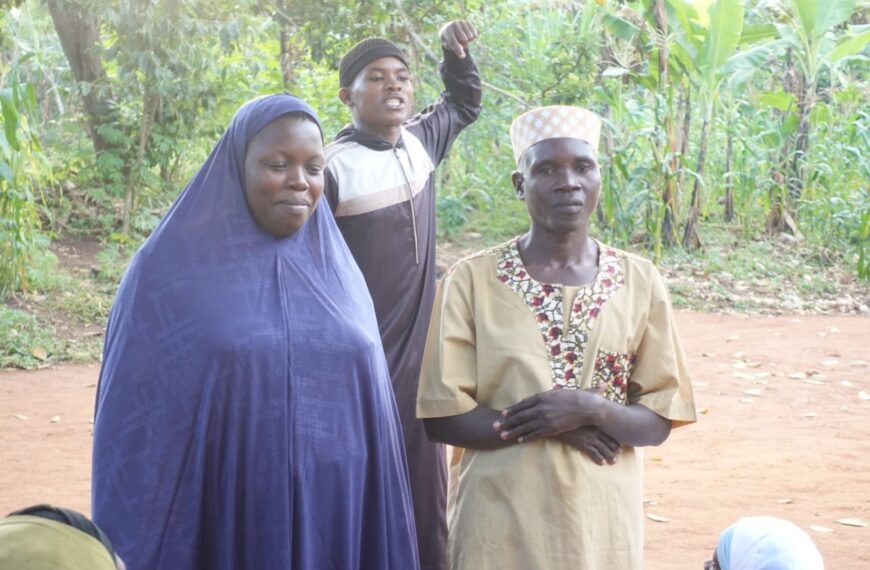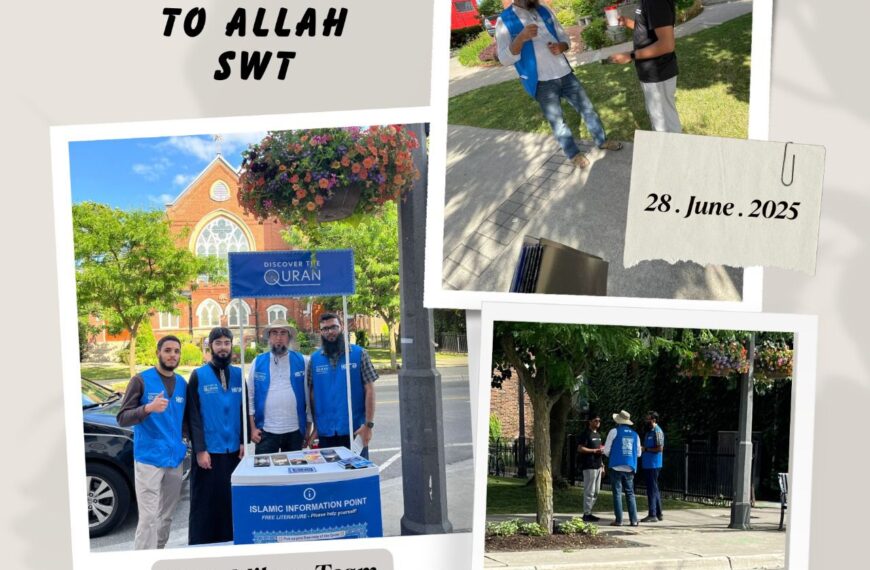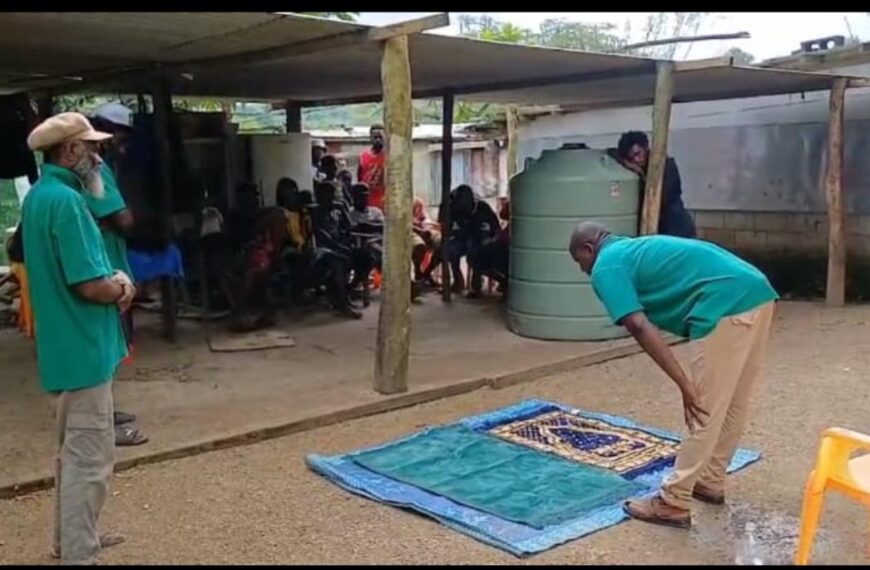The sun climbed steadily over the Ugandan horizon, casting golden light across a dusty construction site. Young men moved with purpose — hands calloused, shirts soaked, bricks stacked in careful rows.
It was just another morning for this group of bricklayers, each one building walls to support a physical structure — and, in a deeper sense, their future.
Then came an unexpected interruption.
A group of Du’at from iERA Uganda approached with warm greetings and calm presence. Their mission wasn’t to critique the work or offer charity. Instead, they came bearing a different kind of invitation — not to labor, but to reflect.
At first, the bricklayers were skeptical. One of them, with a half-smile, asked, “What now? Are you stopping our work?” The mood was casual, with teasing remarks and laughter echoing through the site. The idea of pausing for anything other than rest seemed absurd.
However, the Du’at didn’t push, they simply offered a question: “Have you thought about who gave you the strength for this work?”
That simple question opened a door.
As tools were set down and heads turned, the conversation deepened. The Du’at didn’t argue — they invited. They shared a perspective of life beyond bricks and paychecks, beyond daily grind. They spoke of the One who created them, sustained them, and was closer to them than their own breath.
The men listened. Some with folded arms, some with raised eyebrows. There were questions — challenging ones: “What about Jesus?”, “What makes Islam true?” The Du’at responded gently, using the GORAP method to explain the core of Islamic belief — God’s Oneness, the role of the prophets, the significance of revelation.
The dialogue turned sincere.
Slowly, the energy shifted from skepticism to curiosity. The banter faded, replaced by thoughtful silence. What began as a spontaneous interruption became a meaningful encounter. And then, one by one, hearts opened.
That morning, amidst bricks and mortar, something greater was built — conviction.
Several of the young men stood forward and pronounced the Shahada, embracing Islam with calm certainty. Where once their hands laid stones, now their hearts laid foundations — not for buildings, but for faith.
What had started as just another workday ended as a turning point in their lives. And the Du’at, once seen as a distraction, walked away as catalysts of transformation — having sparked a journey that reached far beyond the walls of any construction site.





